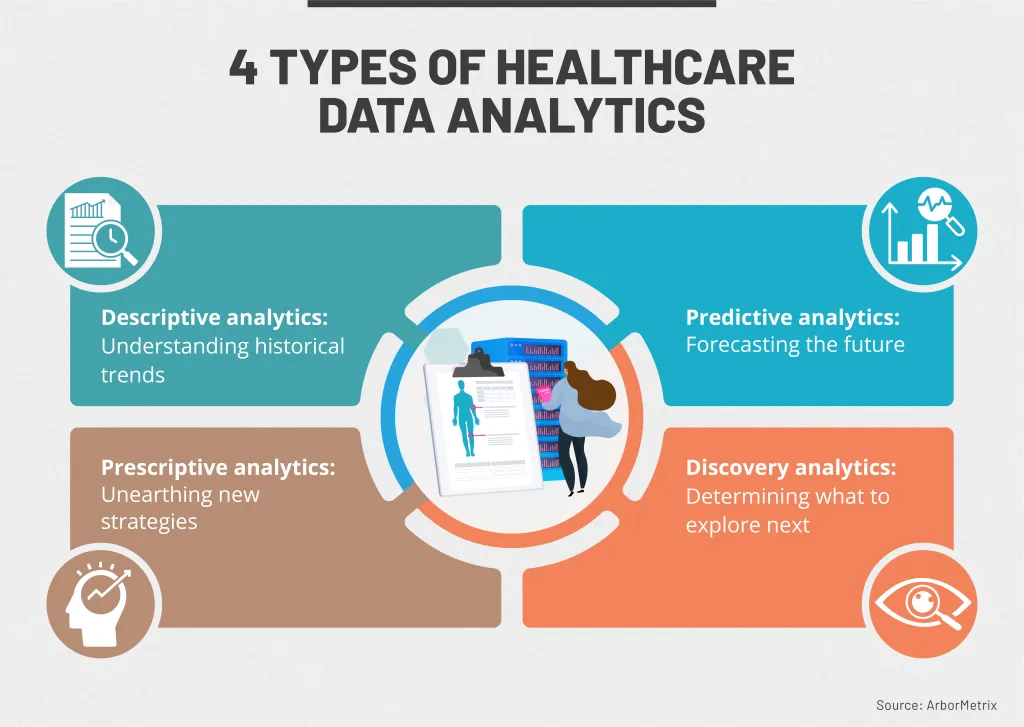Introduction:
In an era where medical advancements promise better health outcomes, navigating the complex landscape of healthcare costs has become increasingly challenging for individuals and families. Health insurance plays a pivotal role in providing financial security and access to quality healthcare services. This article delves into the intricate web of healthcare costs and emphasizes the crucial role that health insurance plays in ensuring comprehensive coverage, financial protection, and improved overall well-being.

Understanding the Dynamics of Healthcare Costs:
Healthcare costs encompass a wide range of expenses, including doctor visits, hospital stays, medications, diagnostic tests, and preventive care. The United States, in particular, has seen a steady rise in healthcare costs, leading to a growing concern about affordability and accessibility. It is essential to dissect the factors contributing to these escalating costs, such as technological advancements, administrative expenses, and the rising demand for healthcare services.
Health Insurance as a Financial Safeguard:
Health insurance serves as a financial safeguard, mitigating the economic burden associated with unexpected medical expenses. Without adequate coverage, individuals may face substantial out-of-pocket costs, leading to financial strain and potential barriers to receiving necessary medical care. Examining the different types of health insurance plans, including employer-sponsored plans, individual plans, and government programs, helps individuals make informed choices based on their unique needs and circumstances.
The Role of Health Insurance in Preventive Care:
Preventive care is a cornerstone of maintaining good health and preventing the onset of chronic conditions. Health insurance plans often cover a range of preventive services, such as vaccinations, screenings, and wellness check-ups. Understanding how health insurance promotes preventive care not only contributes to individual well-being but also reduces the overall burden on the healthcare system by preventing the progression of diseases.
Challenges Faced by the Uninsured:
A significant segment of the population remains uninsured, posing challenges not only to individual health but also to the broader healthcare system. This section explores the barriers faced by the uninsured, such as limited access to primary care, delayed medical treatment, and the financial strain associated with paying for healthcare services out of pocket. It underscores the urgency of expanding healthcare coverage to bridge these gaps and improve overall health outcomes.
Navigating Health Insurance Plans:
Choosing the right health insurance plan requires careful consideration of factors such as coverage, premiums, deductibles, and network providers. This section provides a comprehensive guide on navigating health insurance plans, offering tips on comparing plans, understanding key terminology, and assessing one’s healthcare needs. Empowering individuals with knowledge about their insurance options enhances their ability to make informed decisions that align with their health and financial goals.
The Impact of Policy Changes on Health Insurance:
Policy changes at the national and regional levels can have a profound impact on health insurance coverage and costs. This segment explores recent policy developments, such as the Affordable Care Act (ACA) and other legislative initiatives, and analyzes their implications for individuals and the healthcare industry. Understanding these policy shifts is crucial for individuals seeking to stay abreast of changes that may affect their health insurance coverage.
Innovations in Health Insurance Delivery:
Advancements in technology and changes in consumer preferences have spurred innovations in the delivery of health insurance services. Telemedicine, health savings accounts (HSAs), and value-based care are among the evolving trends shaping the health insurance landscape. This section explores these innovations, examining how they enhance accessibility, affordability, and the overall quality of healthcare services.
Promoting Health Literacy for Informed Decision-Making:
Health literacy plays a central role in empowering individuals to make informed decisions about their health and healthcare coverage. This section emphasizes the importance of health literacy in understanding insurance policies, interpreting medical bills, and navigating the healthcare system effectively. Strategies for improving health literacy, both at the individual and community levels, are discussed to foster a more informed and engaged healthcare consumer base.
Conclusion:
Navigating healthcare costs is a multifaceted challenge that demands attention to detail and a comprehensive understanding of health insurance dynamics. This article highlights the pivotal role health insurance plays in providing financial security, ensuring access to quality care, and promoting overall well-being. As healthcare continues to evolve, staying informed about policy changes, embracing technological innovations, and enhancing health literacy are key steps towards achieving a healthier and financially secure future for individuals and communities alike.
